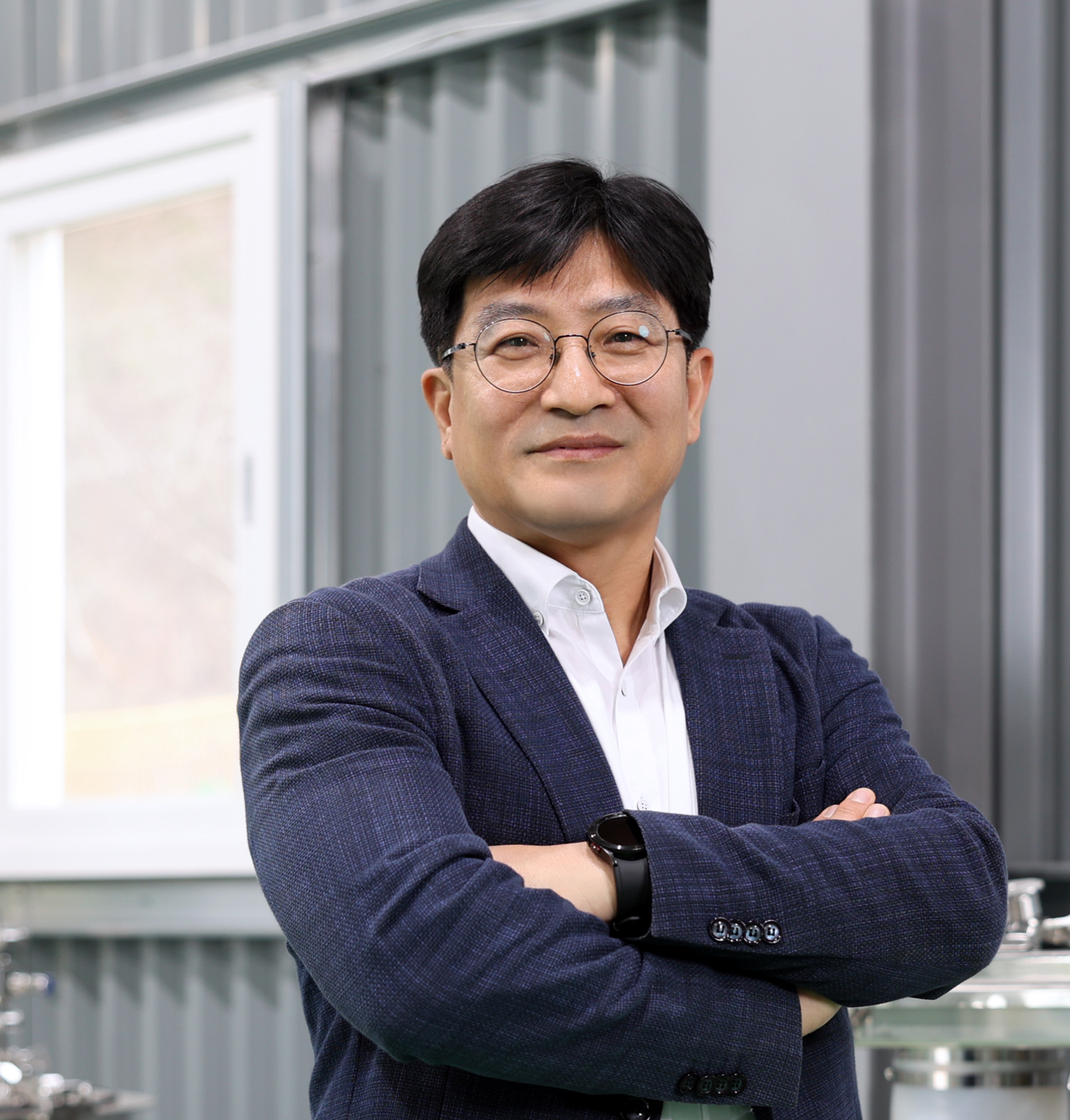Pioneering the World’s First Eco-Friendly Direct Recycling Pilot Plant for Lithium-Ion Batteries
As the global demand for lithium-ion batteries (LIBs) surges due to the widespread adoption of electric vehicles and renewable energy systems, concerns over resource depletion and environmental impacts of battery disposal have intensified. Conventional recycling technologies—namely pyrometallurgy and hydrometallurgy—present significant limitations, including high energy consumption, toxic emissions, extensive chemical use, and the destruction of cathode microstructures. In response, ABR (Advanced Battery Recycle) has developed and launched the world’s first eco-friendly direct recycling pilot plant that utilizes only ultrapure water and physical separation methods, entirely eliminating the need for acids, solvents, or chemical additives.
The core of ABR’s innovation lies in a proprietary process that weakens the adhesive bond of binders between cathode materials and current collectors without removing the binder itself. Through the controlled application of ultrasound and thermal energy in ultrapure water, cathode active materials (CAMs) are detached from aluminum foil while maintaining their original layered crystal structures. Unlike conventional approaches, ABR’s method does not involve chemical leaching or high-temperature smelting, thereby preventing the generation of secondary pollutants such as acid waste, toxic gas, or metal-laden sludge.
The pilot facility, established in Korea in 2024, is capable of processing up to 100 tons of spent LIBs annually and operates under a closed-loop water system, minimizing environmental discharge. Performance evaluations of remanufactured CAMs demonstrate a recovery yield exceeding 90%, with over 95% of initial electrochemical capacity retained. The process results in a carbon footprint reduction of up to 70% compared to pyrometallurgical methods and significantly lowers capital and operating costs.
Presenters
Primary Speakers
